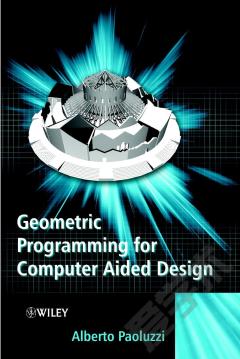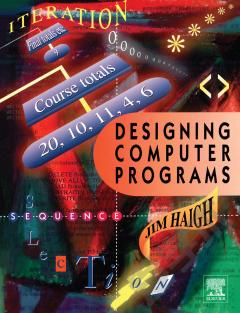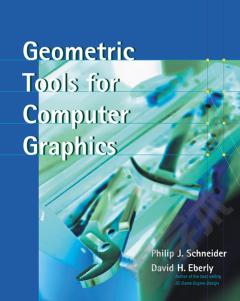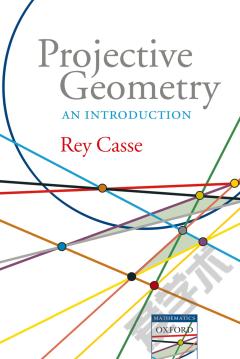Geometric Programming for Computer Aided Design
Geometric Programming is currently of interest in CAD (Computer Aided Design) and related areas such as computer graphics, modeling and animation, scientific simulation and robotics. A growing interest towards gemotric programming is forecast in the next few years with respect to market specific CAD applications (e.g. for architecture and mechanical CAD) and web-based collaborative design environments. PLaSM is a general purpose functional language to compute with geometry which the authors use throughout their text. The PLaSM language output produces VRML (Virtual Reality Modelling Language) files which are used to create virtual worlds. PLaSM blends the powerful algebraic approach to programming developed at IBM research, with a dimension-independent approach to geometric data structures and algorithms, This book shows that such geometric code can be surprisingly compact and easy to write. It begins by introducing the basic programming with PLaSM and algebraic and geometric foundations of shape modeling, the foundations of computer graphics, solid modeling and geometric modeling of manifolds follows and finally discusses the application of geometric programming. For each topic, the mathematics is given, together with the PLaSM implementation (usually with a few lines of readable code) and some worked examples. Combines excellent coverage of the theory with well-developed examples Numerous applications eg. scientific stimulation, robotics, CAD, Virtual Reality Worked exercises for each topic Uses PLaSM language (supplied) throughout to illustrate techniques Supported with web presence Written for Industrial Practioners developing CAD software, mechanical engineers in Graphics, CAD and CAM, undergraduate and postgraduate courses in Computer Science and Mechanical Engineering,as well as programmers involved with developing visualization software.
{{comment.content}}








 京公网安备 11010802027623号
京公网安备 11010802027623号